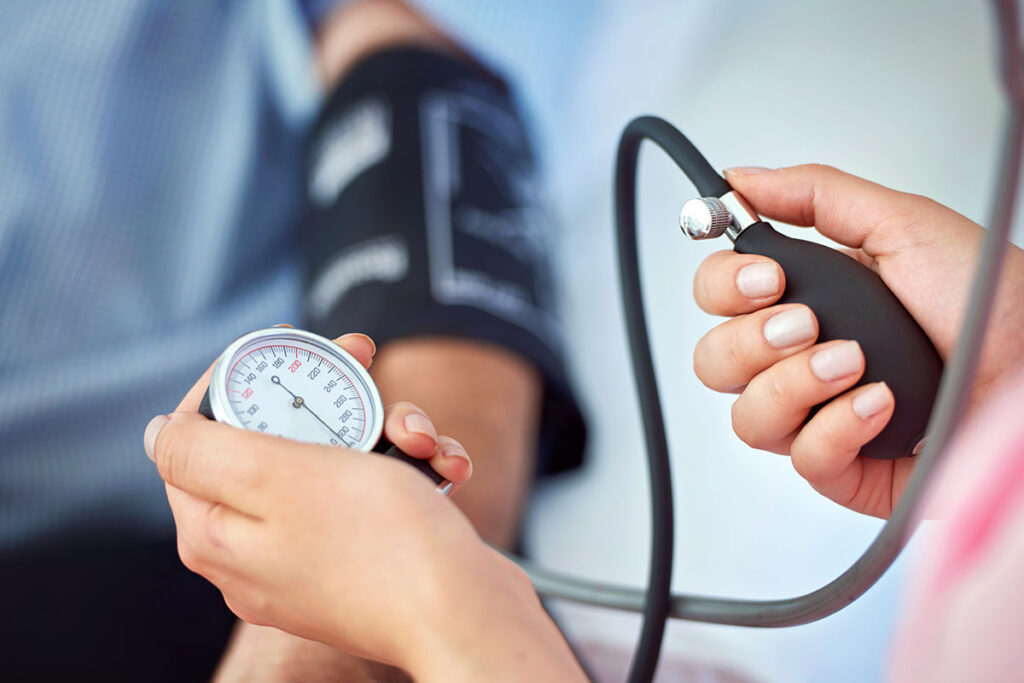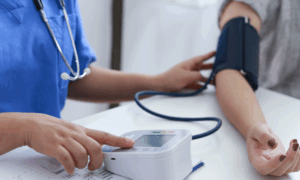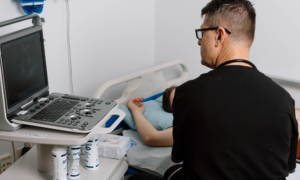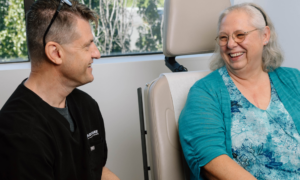Hypertension
Hypertension, or high blood pressure, is a common condition that can lead to serious health complications if not properly managed.
Treatment Overview:
- Lifestyle Modifications: Lifestyle changes play a key role in managing hypertension. These include adopting a healthy diet rich in fruits, vegetables, and low-fat dairy products while reducing sodium intake. Regular physical activity, maintaining a healthy weight, and limiting alcohol consumption are also beneficial.
- Medications: When lifestyle changes alone are not sufficient, medications may be prescribed to lower blood pressure. These medications may include diuretics, ACE inhibitors, angiotensin II receptor blockers (ARBs), calcium channel blockers, and beta-blockers, among others.
- Remote Physiological Devices: Innovative remote physiological monitoring devices allow healthcare providers to monitor blood pressure and other vital signs remotely. These devices enable continuous tracking of blood pressure trends and early detection of changes, facilitating timely adjustments to treatment plans. By integrating remote monitoring into hypertension management, we enhance convenience for patients and enable proactive healthcare delivery.
- Regular Monitoring and Follow-Up: Monitoring blood pressure regularly and maintaining regular follow-up appointments with healthcare providers are essential for assessing treatment effectiveness and making necessary adjustments to achieve optimal blood pressure control.
Our approach to hypertension treatment emphasizes a personalized care plan tailored to each individual’s needs, supported by the latest advancements in remote physiological monitoring technology. By empowering individuals with hypertension to actively participate in their care, we strive to improve cardiovascular health outcomes and enhance overall well-being.





